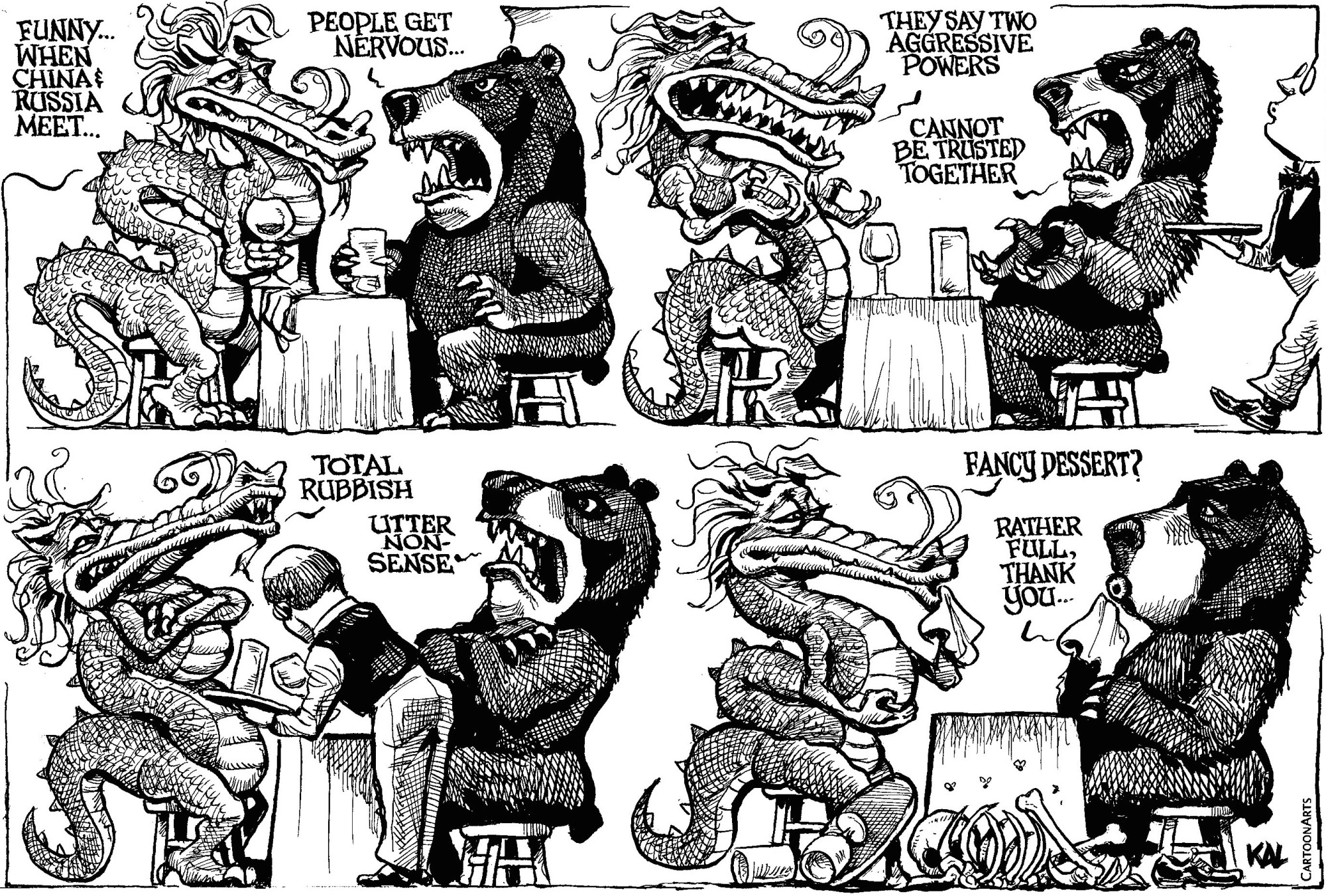Over the past 18 months, the Pentagon has been pursuing a radical change in U.S. defense strategy. The Department of Defense has been working to overhaul the "two-war" defense strategy of the past quarter-century, in favor of one that focuses on winning a single high-stakes fight against China or Russia. This one-war strategy is rooted in an entirely correct judgment that defeating a great-power adversary would be far more difficult than anything the U.S. military has done in decades. Yet it also runs the risk that America won't have enough military power to deal with a world in which it could face two or more major threats at the same time.
During the post-Cold War era, the U.S. military had a force-planning construct (a scheme that matches the size and capabilities of the force to the key scenarios it is likely to face) focused on fighting two major regional contingencies more or less simultaneously. The idea was that the United States should be able to decisively defeat an adversary in the Mideast — Iraq or Iran — without fatally compromising its ability to take on North Korea. This two-war capability was deemed critical to preventing opportunistic aggression by one adversary while the U.S. was engaged with another, and thereby upholding a grand strategy premised on deterring war in multiple regions at once. The two-war strategy, Pentagon officials wrote in 1997, "is the sine qua non of a superpower."
After the onset of budgetary austerity in 2011, the two-war strategy gradually eroded as defense cuts made it harder to handle two regional adversaries at once. And after the Russian invasion of Ukraine in 2014, it was clear that the U.S. was facing a fundamentally different world, in which the country's foremost adversaries were not inferior rogue states but major powers fielding formidable military capabilities. Add in that any war against Russia or China is likely to occur in their geopolitical backyards, and that both rivals have spent considerable time, money and intellectual effort seeking to neutralize America's ability to project power, and the U.S. military would have enormous difficulty in winning even a single war against a great-power challenger.



